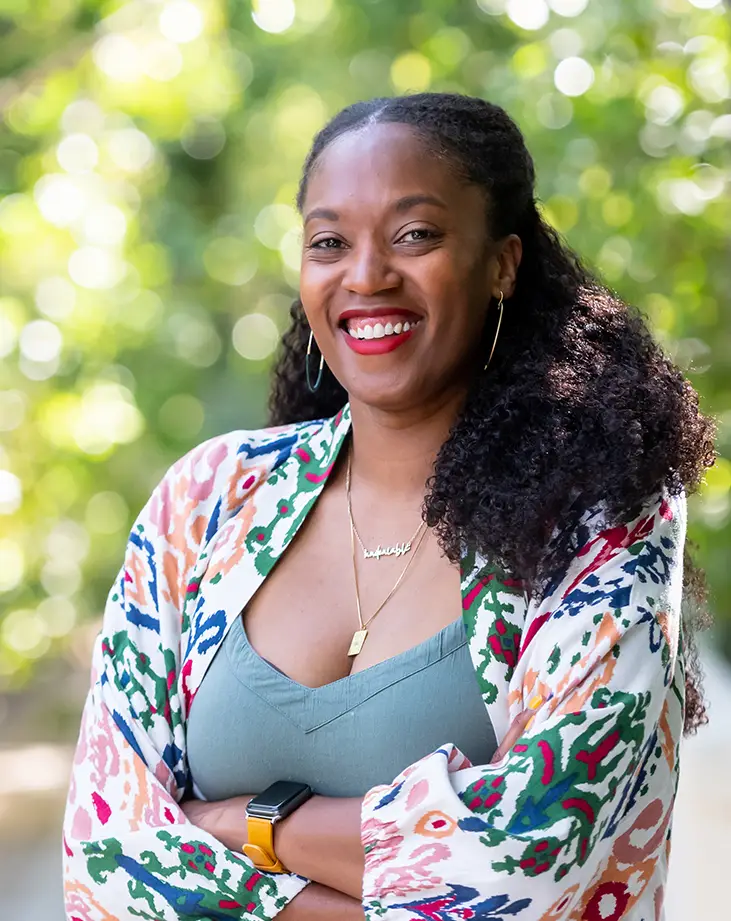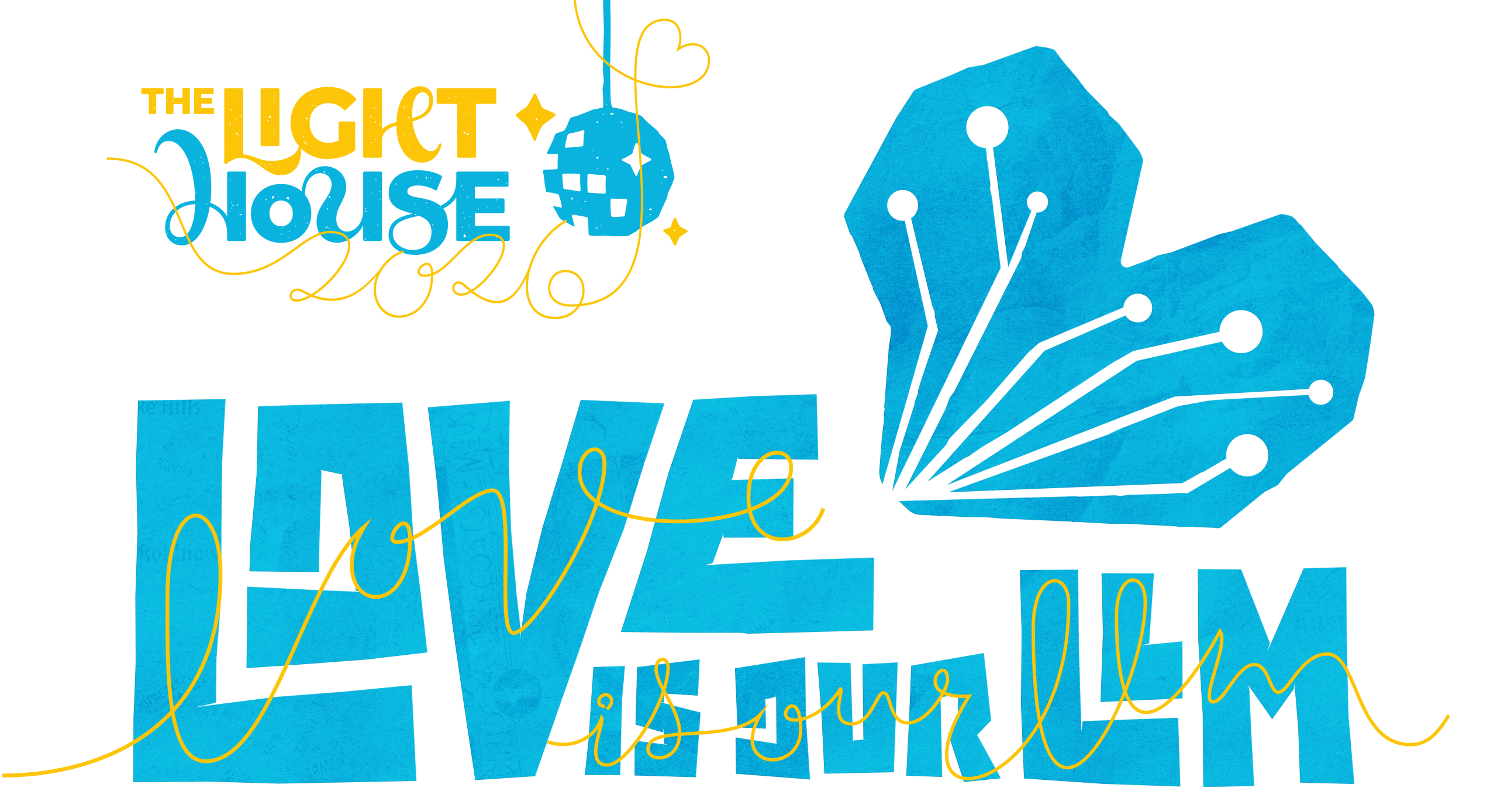Over the past two years, The Tech We Want has been experimenting with and iterating on hosting Pop-Up Community Dinners. These community dinners began as an extension of our Luminary convenings, and then became an opportunity to collaborate with organizations we might consider in the next phase our work, or capitalize on high-profile people attending existing events.
Over the past year, these community dinners have proven to be one of the most fruitful tools to explore potential avenues for impact, investment, and collaboration.
The thinking behind these dinners was to find a relatively low cost, low effort but high impact way to engage with funders and notable leaders while testing our message around responsible innovation. Hosting these dinners gave us the opportunity to tap into extended networks of vetted people who we don’t have access to, curate our own list of attendees that we want to connect with through a thematic focus, and/or play a matchmaking role for leaders in the field who should be connecting and cross-pollinating ideas.
Attendees have included folks such as: the Mayor of Santa Fe (Alan Weber), the Mayor of Birmingham (Randall Woodfin), Andrew Yang, Frances Haugen, Roy Woods Jr., David “Shingy” Shing, Stanford d.school, Techstars, Kapor Center, a16z’s Culture Fund, Human Ventures, Silicon Valley Community Foundation, UBS, Banc of California, San Francisco Foundation, Bloomberg Philanthropies, NorthStar Fund, Runway, Capital One, Democracy Fund, Opportunity Finance Network, and Merchants Fund.
On September 17, TTWW, in partnership with Urbane, co-hosted a tour, tasting, and community dining experience with the theme of Black & Brown Innovation and Ownership at Brooklyn cultural cornerstone, Flatbush Central. We got to lay early groundwork for future partnerships, and get immersed in a hyperlocal ecosystem example of institutions supporting underrepresented entrepreneurs.
The dinner received 21 guests including leaders from organizations such as Black Innovation Alliance, Kinfolk, /dev/color, Black Women Talk Tech, Center for Community Self Help, Plexus, and Invisible Hand.
A Taste of Our Community Dinner in Flatbush, Brooklyn
WHAT WE’VE BEEN EXPERIMENTING WITH AND LEARNING
1. SIZE
We’ve been experimenting with the size of the group. We find that somewhere between 12 and 25 is the sweet spot if we are trying to help people walk away with at least a few meaningful connections. That said, this is largely dependent on the context, budget and setting – so there is no magic number here.
2. PLACE-BASED ENGAGEMENT
Co-hosting has been a tremendous asset to inviting local leaders, especially in places we may not have the most robust connections. Co-hosting has also been a fantastic way to “test drive” a relationship for future collaborations, and provide access to potential grantees who would not otherwise be on our radar or easily able to meet with us.
3. FACILITATION TOOLS
We’ve been standardizing a “Community Dinner Kit” as well as a process that help facilitate fruitful interactions. This includes things like branded sticker name tags, color-coded seating tent cards, pop up banners, conversation cards, gifts, etc. Employing a theme and “question” can also help focus conversations in ways that go deeper than just small talk, pitching and posturing.
4. DINNER ENHANCEMENTS
Other enhancements such as entertainment, music and small gifts have gone a long way. Hosting is an art and depending on the context, such enhancements can make the experience more meaningful and memorable. For example, in our latest dinner co-hosted with Urbane, we helped prepare a gift box (the “Likkle Barrel”) every dinner attendee can bring home (or request to be shipped to their home). Before the dinner, guests received a guided tour of the facilities, and heard stories from various entrepreneurs in the marketplace. At the end of the dinner, guests received the gift box containing products made by the “aunties” from the Flatbush Caribbean Market, as well as Ethical Explorer kits and TTWW swag.
A SUMMARY OF IMPACT
It’s not straightforward to quantify the impact of something like dinners. But we can confidently speak to the fact that these Community Dinners have a grounding function, i.e. connecting meaningfully to other funders, organizers and leaders in responsible technology. More than anything, we have been able to stay connected and learn about the trends and movement in their strategies.
We have also been able to purposefully connect leaders who have very aligned and synergistic portfolios or bodies of work whom have never connected or have not had the chance to discuss what it might look like to collaborate. We know this because dinner guests always ask us if we could circulate the contact information of the dinner guests as they would like follow up with a specific person. We get to curate who shows up, set the agenda and tone for the event for others to connect, “sense-make”, share ideas and cross pollinate. Especially with other funders and established networks, through these Community Dinners, we get to test relationships for future collaboration and coalition-building.
We look forward to continue on hosting and iterating on these Pop-Up Community Dinners moving forward as a way to connect with folks who are doing the groundwork of building an alternative tech ecosystem.



